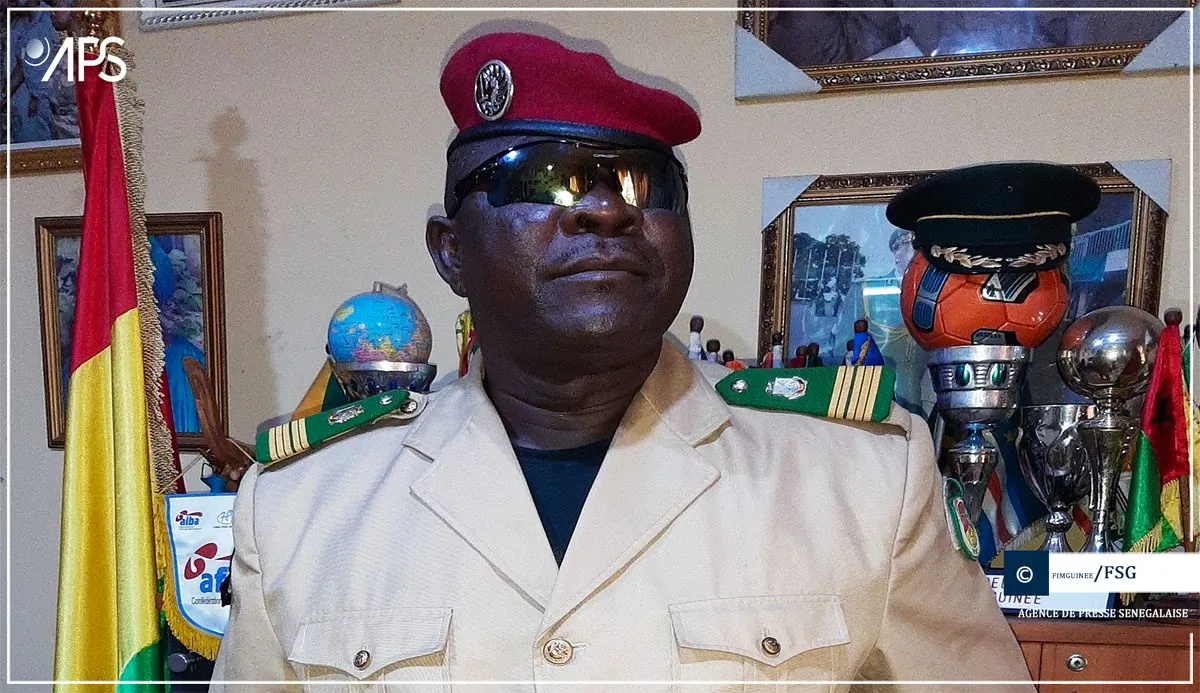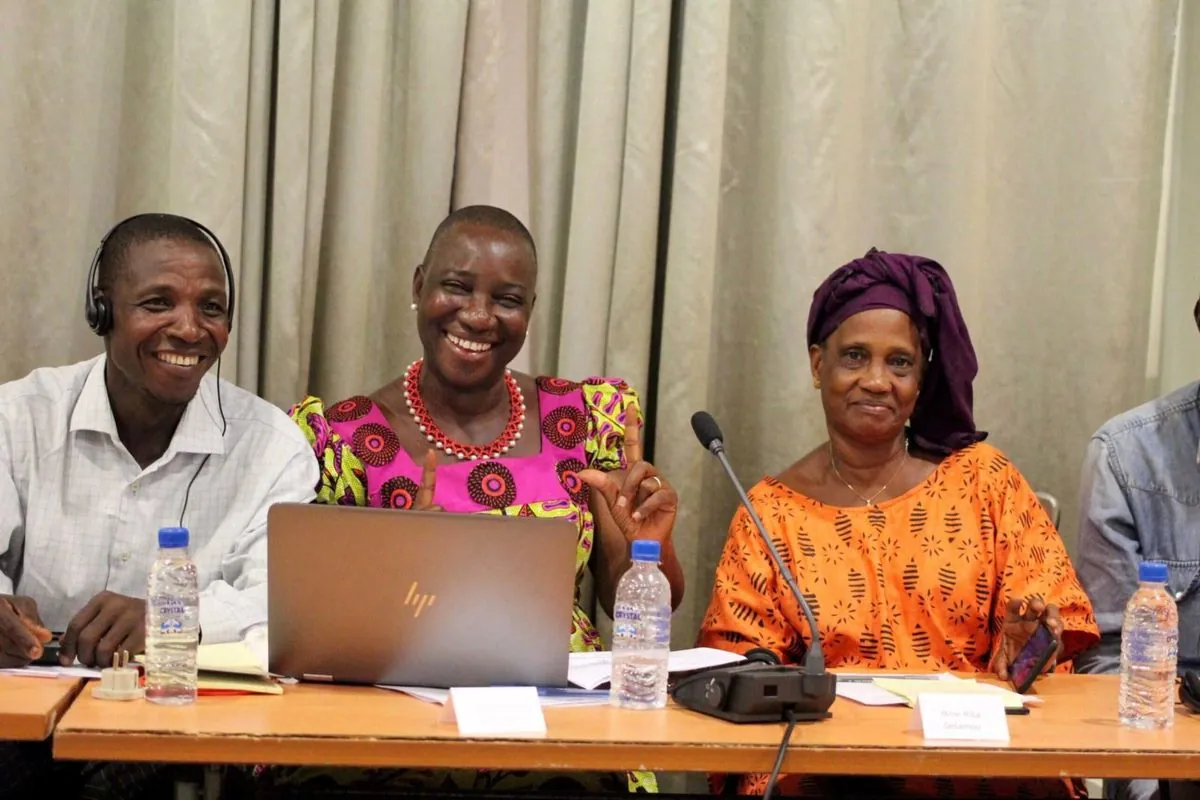Guinea's Fugitive Ex-Colonel Extradited for 2009 Stadium Massacre
Former Colonel Claude Pivi, convicted of crimes against humanity in Guinea's 2009 stadium massacre, has been extradited from Liberia. The fugitive was arrested after escaping prison in November.

Claude Pivi, a former colonel and one of Guinea's most sought-after fugitives, has been extradited from neighboring Liberia, as announced by Guinean officials on January 18, 2024. Pivi, who had been on the run since his prison escape in November 2023, was apprehended in Liberia on January 16, 2024.
The extradition of Pivi marks a significant development in Guinea's efforts to address past human rights violations. The former military officer was convicted in absentia and sentenced to life imprisonment for his involvement in the 2009 stadium massacre, a tragic event that resulted in the deaths of at least 157 individuals and the rape of numerous women.

The stadium massacre occurred on September 28, 2009, during the rule of former dictator Moussa Dadis Camara, who governed Guinea from 2008 to 2010. Demonstrators had gathered at the stadium to protest Camara's intentions to run for president when military forces opened fire on the crowd. Witnesses reported that many victims were shot, crushed, or stabbed to death, while some women were forcibly removed from hiding places and subjected to gang rape by uniformed men over several days.
"Camara's top aides were at the stadium and did nothing to stop the massacre."
Guinea, a West African nation with a population of approximately 13 million, has experienced a tumultuous political history since gaining independence from France in 1958. The country has endured several military coups and periods of political instability, contributing to its challenges in economic development and human rights protection.
Despite its rich natural resources, including bauxite, iron ore, and diamonds, Guinea struggles with low literacy rates and economic disparities. The country's official language is French, reflecting its colonial past, and it boasts a diverse ethnic composition with over 24 distinct groups.
The extradition of Pivi represents a step towards accountability for past atrocities and may contribute to Guinea's ongoing efforts to strengthen its democratic institutions and improve its human rights record. As a member of the United Nations since 1958 and part of the Economic Community of West African States (ECOWAS), Guinea continues to work towards stability and progress in the region.

The case of Claude Pivi serves as a reminder of the long-lasting impact of political violence and the importance of addressing historical injustices for national healing and reconciliation. As Guinea moves forward, the country faces the challenge of balancing accountability for past crimes with the need for political stability and economic development.


































